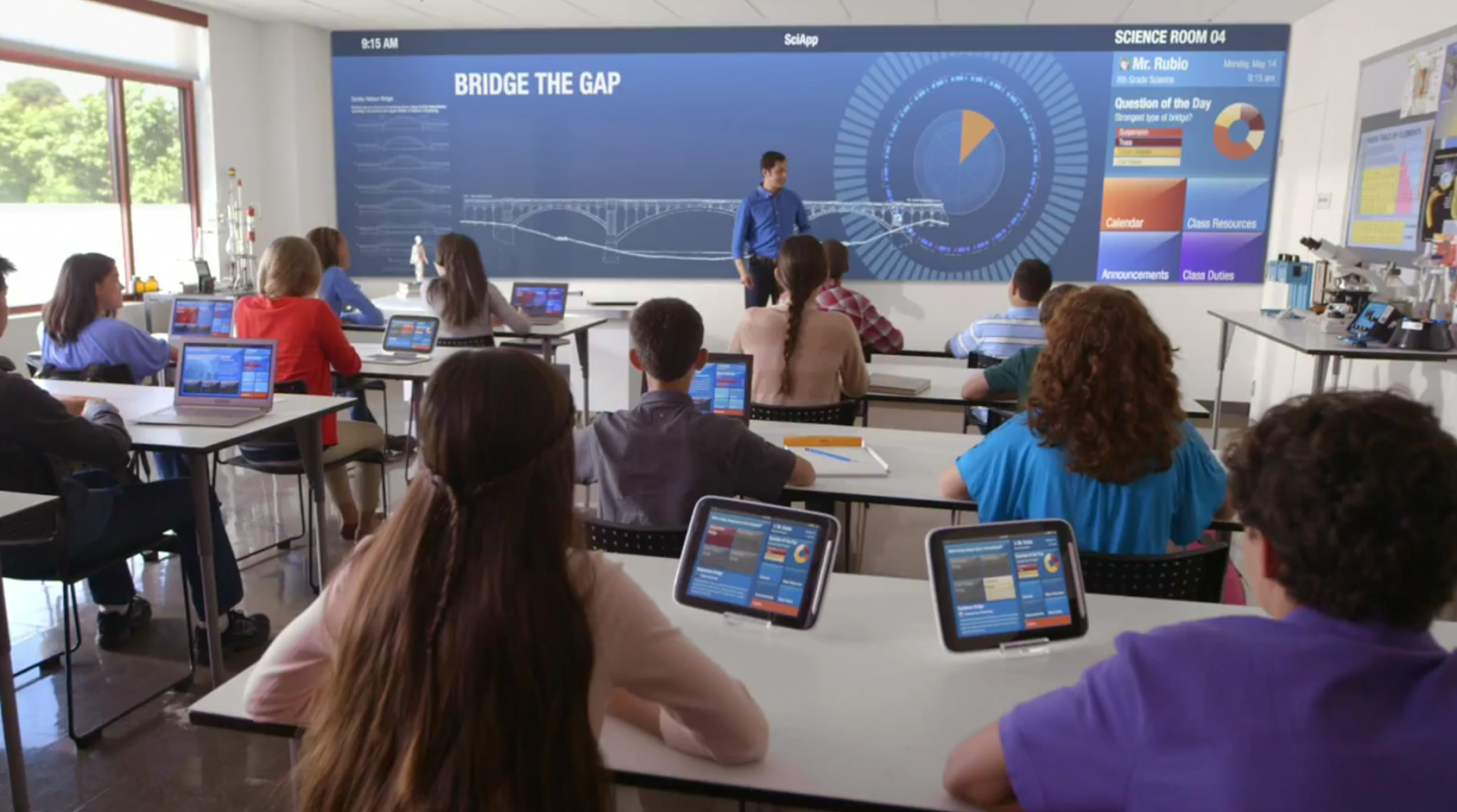The sharing economy seems to be a good solution for a shaky global economy and even the threat of climate change. Combined with the power of smartphones and idle assets, this sustainable business model is a great way for people to make a profit even outside their day jobs.
Sharing economy services like Uber, Lyft, FlipKey, and Airbnb are more than just breakthrough ideas. These services provide a solution for the average consumer’s needs like transportation and accommodation. Technologically-assisted carpooling and couch surfing made the lives of millions easier.
 |
| Image source: universitymennonite.org |
It is safe to say that sharing economy is still in its early stages. In the coming years, it will be the typical business concept for the Generation Me demographic. In these days where ownership is no longer a necessity or demand, those who have the means and the capital to buy luxuries like cars and weekend homes can choose to share it with others for a reasonable price.
On the sociological side, this opens up a new definition of community and consumerism. On the ecological side, all the sharing saves up energy and keeps waste to a minimum. Outsourcing work and even daily errands are also becoming common in the sharing economy industry.
| Image source: huffingtonpost.com |
The sharing economy offers an abundance of benefits. Keeping the trust of consumers, however, will make it even more profitable. In a business such as Uber or Airbnb, not all providers deliver what is expected of them. Companies must go to great lengths in employing and evaluating people who will provide the services to ensure consumers’ loyalty.
As sharing economy becomes the norm, local and national authorities can contribute their expertise to make the experience safer for everyone. In this day and age, many have been empowered to share their services with the rest of their community. In turn, what they offer can turn into a profitable business that can impact how the current generation operates.

